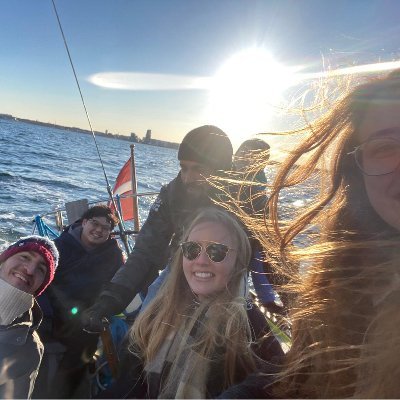
Luis Arnes
@ARNesLab
Followers
279
Following
211
Media
13
Statuses
117
Joined September 2016
RT @FunImmune: We are excited to announce that today, @HRMrqz successfully defended her PhD thesis! . A new Doctor has emerged from our lab….
0
6
0
RT @SusselLab: We are excited to share our latest publication in @GenesDev!
pubmed.ncbi.nlm.nih.gov
Transcription factors (TFs) are indispensable for maintaining cell identity through regulating cell-specific gene expression. Distinct cell identities derived from a common progenitor are frequently...
0
5
0
RT @EurPancClub: Did YOU fill out the survey on the shortage of PERT 🤔??. From the #EPC Public Affairs Committee!!. Help us analyze the cur….
0
5
0
Many thanks to collaborators @JonathanBaldan, #PhilSeymour, @CVRift ,#JaneHasselby, @albin_san and all members of @ARNesLab for comments. Work supported by funding from @cancer_dk.@UCPH_BRIC.
0
0
0
I am excited to see this story by my talented Master's Student, Kristina Høj. Her research dives into age-related decline in pancreas regeneration and how it’s linked to a proinflammatory response to injury. @AGA_GHAdvances,@UCPH_BRIC,
2
2
14
RT @KenOliveLab: The Olive Lab is looking for a postdoc to lead our translational program on RAS inhibition in pancreatic cancer. Should ha….
0
38
0
Kudos to Katarzyna Radke for winning a fellowship from the UEG! @ARNeslab, @UCPH_BRIC, @UCPH_Research, @my_ueg
1
0
3
Many thanks to collaborators #CarloMaurer, #JaneHasselby, #LucBowens, #CharlesJDavid, #IlseRooman, #OrenParnas, #VéroniqueLefebvre, @ErlerLab @DelgiornoKathy.Work supported by funding from @cancer_dk @novonordiskfond , @UCPH_BRIC.
0
0
2
New Paper! Jonathan Baldan, Juan Camacho and Marta Ballester from the lab find a genetic program driven by Sox4 promoting the resolution of tissue injury in pancreas regeneration and cancer. @JonathanBaldan @AGA_Gastro @UCPH_BRIC #tuft_cells #plasticity
7
9
62



